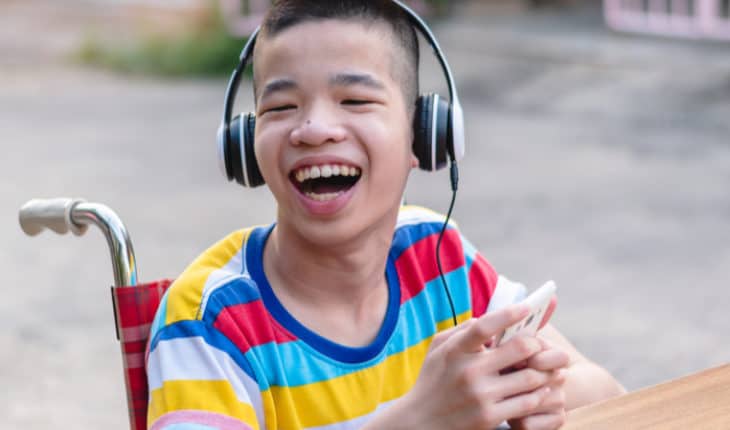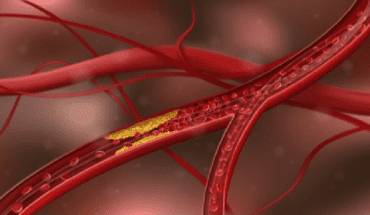As part of his work with The Children’s Trust and Anglia Ruskin University, Chroma senior music therapist (neuro-rehabilitation) Dr Jonathan Pool has collaborated with Professor Wendy Magee to create a diagnostic tool to support goal planning for children living with DOC.
Recently published in BMJ Open*, the Music therapy Sensory Instrument for Cognition, Consciousness and Awareness (MuSICCA) is a diagnostic measure that supports detailed goal-planning for children and young people with DOC. To date, there is no existing validated paediatric measure for use as the external reference standard for this purpose.
Due to advances in healthcare, more children than ever before are surviving brain injuries, but may remain in a coma or DOC. These situations cause diagnostic, ethical and clinical challenges as misdiagnosis can lead to inadequate care, insufficient access to rehabilitation or stimulation, reduced accessibility to services and inappropriately limited opportunities for participation, all of which can result in severe consequences for the children and their families.
Adults with DOC are assessed using The Music therapy Assessment Tool for Awareness in Disorders of Consciousness (MATADOC). This is validated for the adult population. The MuSICCA is the paediatric version of this.
Dr Jonathan Pool, who developed the app, said: “Many acquired brain injuries lead to language impairment. And prior to injury, language may not have been fully developed. For these reasons, language-based assessments for children are not suitable for stimulating optimal responsiveness. Music, on the other hand provides an effective medium in this particular population, as it does not rely on language and children enjoy music.
“Music has been found to improve motivation in rehabilitation, increasing arousal and cognition in adults with DOC, so it is plausible the same can be said for children with DOC. The MuSICCA uses the powerful stimulation in musical stimuli to maximise opportunities for responses during the assessment.
“The MuSICCA expands on the MATADOC protocol. There are six tasks within the assessment, all of which involve the child listening to live or recorded music. Non-stimulated observations are recorded both pre- and post-stimulation. The stimulation involves specific tasks and detailed observations made during these tasks. Not only are children listening but, where possible, vocalising and/or making sounds or choices of music to be played by the therapist. Responses are rated across the motor, visual, auditory, communication and arousal domains in 15 items.
“The MuSICCA intends to provide a revealing diagnosis for children with DOC, outputting detailed information about how they respond to stimuli.
“We hope that the MuSICCA will help to address the issues that result from misdiagnosis, helping children and their families get the right help, support and care they require.”
- Gut microbiome could delay onset of type 1 diabetes - 3rd April 2025
- The da Vinci 5 Robot Is Set To Transform Bariatric Care: - 31st March 2025
- Beyond money: the hidden drivers fuelling child food insecurity - 31st March 2025






